How Does Mental Health Affect Your Disability Status?
Mental health relates to the ability of a person to perform their work, other habitual activities, and daily living. Severe and fairly continuous mental health conditions are as incapacitating as physical disabilities regarding further employment and the ability to enjoy life. Keeping in mind what type of toll this has on you, the Social Security for Mental Illness Administration considers mental health disorders when considering granting disability benefits in part.
It means that anyone with chronic conditions such as depression, anxiety, bipolar disorder, or schizophrenia could qualify for disability benefits so long as the condition meets specific criteria. Knowing how your psychiatric status links to disability is instrumental to any person needing assistance and accommodation. It shall drive the process for applying for and securing proper benefits.
Understanding Mental Health And Disability
Disability and mental health are closely related because mental illness is overwhelmingly exhausting, rendering a person incapable of leading their daily life. It influences thinking, feelings, and behavior and is emotional, psychological, and social well-being. Severe mental disorders give way to disabilities that cripple an essential area of functioning at work, in relationships, or in daily activities.
Most of the disabilities coming from mental health conditions are invisible, and they are harder to perceive and empathize with. Among such disabilities, one could count those resulting from depression, anxiety, schizophrenia, bipolar disorder, and many more.
SSA's Legal Definitions & Criteria Of Mental Health Disability

The SSA defines a mental health disability according to specific criteria, as explained in its Blue Book. A mental health condition needs to be severe enough to prevent someone from engaging in substantial gainful activity. Different categories of mental disorders are measured under depressive, anxiety, bipolar, and schizophrenia spectrum disorders.
Other detailed criteria for every category include documented medical evidence, the period of the condition, its impact on daily functioning, the individual's ability to do work-related activities, the ability to follow instructions, appropriate response to supervision, and dealing with workplace stress. The SSA has to consider all these factors when awarding disability benefits for mental health conditions.
Types Of Mental Health Conditions That Qualify For Disability
Under the Social Security for Mental Health Administration, several mental health conditions qualify for disability benefits. Depressive disorders refer to the state of sadness and loss of interest in activities, and they significantly cause impairment in daily functioning. Anxiety disorders refer to excessive fear or exaggerated worry that, if it dramatically reduces the ability to work, qualifies in any case.
Another medical condition that can qualify under the SSA is bipolar disorder, which has mood swings ranging from extremely high to exceedingly very low. It also includes schizophrenia and other psychotic disorders, such as delusions or hallucinations. Besides, it could consist of obsessive-compulsive disorder and even post-traumatic stress disorder if they are so debilitating as to render a person unable to continue normal work activities and daily living.
Challenges In Proving Your Mental Health Disabilities Case
There are many ways in which proving a mental health disability case can be very hard. First of all, as with other subjective conditions, mental health is not readily measurable compared to physical ailments. This factor can further complicate the clarification of impairment. Thorough medical documentation by mental health professionals is of prime importance, but in many instances, such continuous care may not be available to all.
Related Read:
Importance of Medical Evidence in SSDI and SSI Claims
Another challenge is to show how the condition currently affects a person's daily functioning and work capability. Testimony from family members, friends, and employers can prove helpful, but only some have this, and it needs to be more specific. Stigma and myths about mental health add extra levels of complexity at times. An extremely well-documented case must compel the SSA to such stringent criteria.
Process Of Applying For Disability Based On Mental Health
Let’s discuss steps to apply for disability benefits based on mental health. First, gather your complete medical history--diagnosis, treatment, and progress notes with detailed reports from your treating mental health professionals. Indeed, documentation is very critical in justifying your claim. Secondly, fill out the SSDI or SSI application forms with a complete description of how your mental health affects your work capacity.
Apply to the SSA via its website, phone, or in person in one of its local offices. The SSA will review your application and schedule further assessments and interviews with them if needed. Be prepared for a possible initial denial; typically, the first claims are denied by most people. You can then appeal the denial and provide further proof at this stage.
Related read:
How to Get Started With Your Disability Claim,
SSI OR SSDI: Which Aid Suites Best for You?
Knowing how your mental health relates to your disability status is extremely important in getting the support that one needs. Persons dealing with such situations should remember that, though intricate and sometimes demanding careful documentation and perseverance can help them receive the benefits they deserve. If one finds the process overwhelming, seeking professional help is best. Eric R. Hunt is a firm that has expertise in handling disability claims for people.
Eric R. Hunt offers experience and individualized support to make your case more substantial and likely to be approved. You can rest assured that your claim will be accurately represented and your case effectively advocated under the practice of Eric R. Hunt, giving you peace of mind and winning the benefits you need for a mental health disability.
Related read:
What Conditions Automatically Qualify You For Disability?,
Social Security Benefits for Children of Disabled Parents
A Caring SSDI Attorney Serving Temecula, Palm Springs, and Hemet in CA
We know how hard it can be to take on the government, particularly if you're chronically ill and in pain. That's why the Law Offices of Eric R. Hunt will always fight doggedly for our clients, offering determined seasoned legal representation to everyone we work with.
We also strive to treat every client with courtesy, honesty, and respect, doing our best to make the legal process as straightforward and calm as possible. We're a locally owned practice, and our client's satisfaction is our number one priority.
We will get back to you as soon as possible
Please try again later
Specializing in Social Security
Disability Cases Since 2004
Serving the Inland Empire, including Hemet, Temecula, Palm Springs, and Riverside and San Bernardino counties.
Quick Links
The Staff
Privacy Policy
Do Not Share My Information
Conditions of Use
Notice and Take Down Policy
Website Accessibility Policy
Legal Disclaimer
This website is for informational purposes only. The information you obtain at this site is not, nor is it intended to be, legal advice. You should consult an attorney for advice regarding your individual situation. We invite you to contact us and welcome your calls, letters, and electronic mail. Contacting us does not create an attorney-client relationship. Please do not send any confidential information to us until such time as an attorney-client relationship has been established.
Contact info
© 2024 The content on this website is owned by us and our licensors. Do not copy any content (including images) without our consent.











